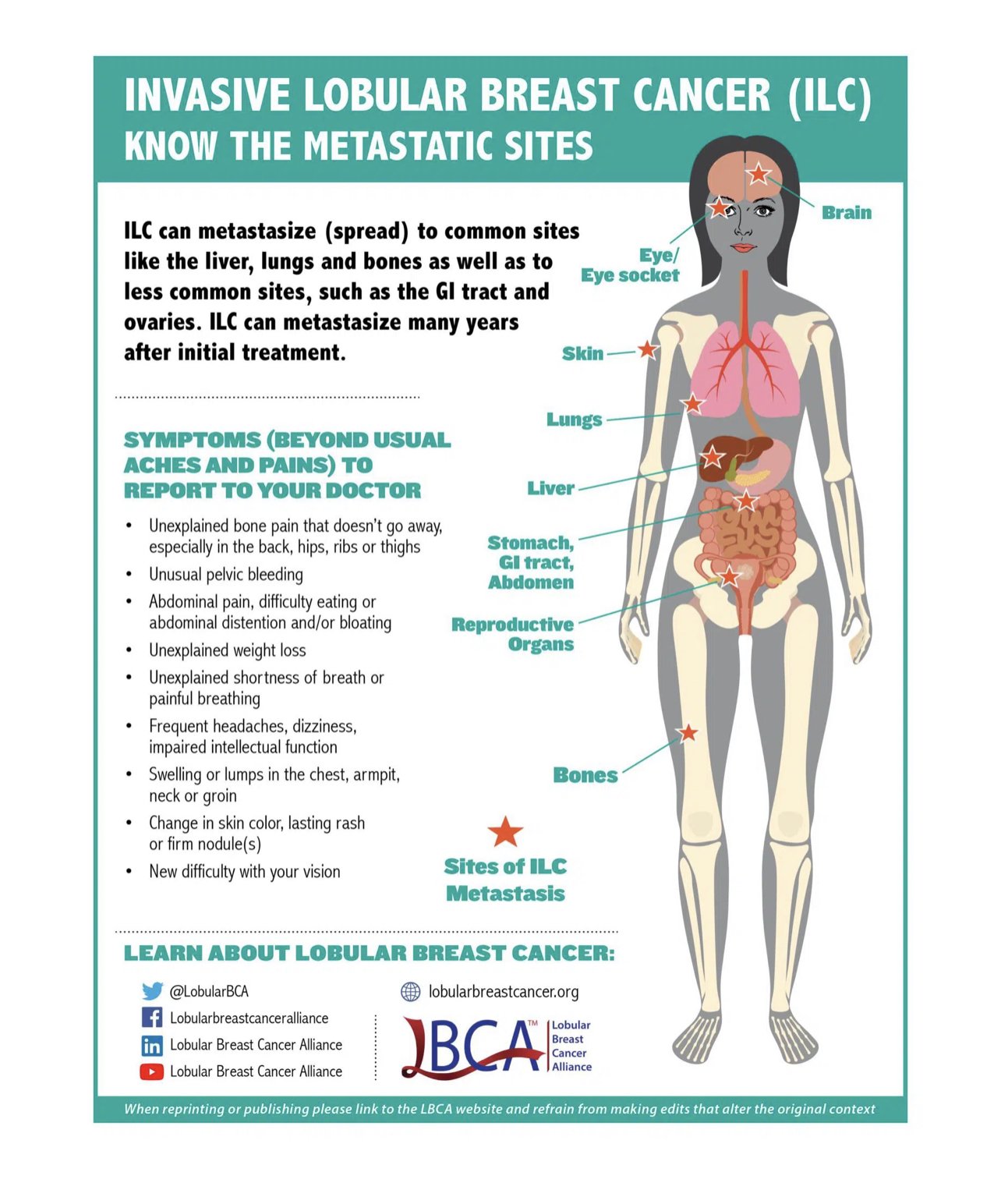BREAST CANCER AWARENESS: INVASIVE LOBULAR BREAST CANCER
Jennifer Mejia
My mom…surrounded by just a few of the people who love her.
I thought long and hard about whether or not to write this post. It’s one thing to be a blogger and share some of my personal life, but this is also about my mother’s life. Along with my children, my parents are the most precious people in the world to me. The date of this post is October 20, so it’s Breast Cancer Awareness Month. Unfortunately for my family, it’s also a reminder that my mother is undergoing treatment for her second battle with breast cancer. The time it’s Invasive Lobular Breast Cancer, aka Invasive Lobular Carcinoma (ILC). She’s had two surgeries, weeks of radiation, and is now on hormone therapy for the next 10 years. Next week she has follow-ups and a few more tests. It is not lost on me that we are among the lucky because this coming weekend, I’m going to see my mom. Many are not so fortunate and have lost their battle, leaving behind loved ones with eternally broken hearts.
I chose to write this post because of the type of breast cancer my mother had this time. Nine years ago, she was diagnosed with Invasive Ductal Carcinoma (IDC), which is the most common type of breast cancer, accounting for about 80% of all cases. This past February, she was diagnosed with Invasive Lobular Carcinoma (ILC), a less prevalent type but by no means “rare.” To put it into perspective, about 39,000 new cases of ILC are diagnosed each year, compared to about 227,000 cases of IDC.
It was important for me to bring awareness to this type of breast cancer because of the way it presents itself, which is part of the heartache I have with my mother’s diagnosis. We, meaning her physicians and I, all believe she’d been living with this cancer for far too long, and it went undetected on at least one mammogram over a year (perhaps longer) before it was finally spotted. That’s because histologically (the nature of the tissue structure), ILC often forms a distinct, single-file pattern rather than the more common “lump” with IDC. ILC has differences in presentation and behavior from ductal cancer. Symptoms can include hardening of the breast, swelling, changes in the appearance of the breast or nipple, skin changes, or breast pain. And because ILC may not form a lump, it can be harder to feel on a self breast exam and can be harder to see on a mammogram. Sometimes ILC may have no physical symptoms, but you should be aware of these, even if a mammogram is negative. If you have any of these physical symptoms, even with negative scans, you should consider talking with a doctor about additional imaging or an MRI. It is always important to remember that in most cases, these changes are NOT breast cancer, but it’s better to be safe than sorry IMO.
Although ILC can affect women at any age, it is more common as women grow older. According to the American Cancer Society, about two-thirds of women are 55 or older when they are diagnosed with any invasive breast cancer. But ILC tends to occur later in life — the early 60s as opposed to the mid- to late-50s with Invasive Ductal Carcinoma (IDC). My mom was 72 at the time of her diagnosis.
Some research has suggested that the use of hormone replacement therapy during and after menopause can increase the risk of ILC. This was likely the case with my mother, as over 95% of her tumor’s cells were positive for hormone receptors.
Finally, while I do not want to give advice on treatment…that should always be left to one’s surgeon and medical and radiation oncologists, I do want to highlight another difference in this type of cancer. When and if it metastasizes (spreads), it may travel to organs that are less common, such as the GI tract and ovaries.
The diagram below provides more information on metastatic sites and symptoms to be aware of when monitoring this disease in the long term.
The point of this post was to bring awareness to a type of breast cancer that presents itself differently than the common “lump” we are taught to watch for. Much of this information came from conversations with my mother’s physicians and my own research, and luckily, two sites were helpful in describing it in laymen’s terms. (This is my disclaimer for mild plagiarism!) For much of what is contained in this post and more, please visit the Lobular Breast Cancer Alliance and BREASTCANCER.ORG.
Finally, if you have not scheduled your mammogram, consider this your call to action. Sending my love and strength to all presently battling breast cancer and to those who have lost a loved one too soon to this horrible disease. I pray one day there is better technology for early detection and a cure.
xo,
Jennifer



